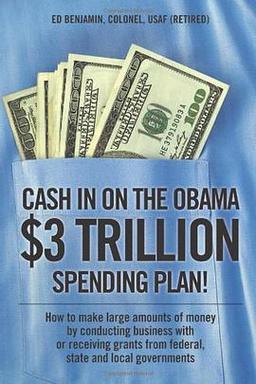Understanding Cash App
Cash App, developed by Square, Inc., has become a popular financial tool in the United States. If you’re considering investing in Cash App, it’s essential to understand its features, benefits, and potential risks. Let’s dive into the details.
What is Cash App?
Cash App is a mobile payment service that allows users to send, receive, and spend money. It was launched in 2013 and has since grown to offer a range of financial services, including point-of-sale payments, peer-to-peer (P2P) transfers, and investment options.

Key Features of Cash App
| Feature | Description |
|---|---|
| Point-of-Sale Payments | Cash App allows businesses to accept payments from customers using their mobile devices. |
| Peer-to-Peer Transfers | Users can send and receive money from friends, family, and colleagues using their phone numbers or email addresses. |
| Cash Card | Cash App offers a free Visa debit card that can be used for purchases, cash withdrawals, and ATM access. |
| Investment Options | Cash App allows users to invest in stocks, ETFs, and Bitcoin. |
| Cash Boost | This feature offers discounts on purchases made with the Cash Card. |
| Direct Deposit | Users can receive their paychecks directly into their Cash App account. |
Benefits of Investing in Cash App
Investing in Cash App can offer several benefits:
-
Access to a Growing User Base: Cash App has over 36 million registered users and continues to grow.
-
Competitive Market Position: Cash App is one of the leading P2P payment platforms in the United States.
-
Expansion into New Markets: Square, Inc. has plans to expand Cash App into new markets, which could further increase its user base.

-
Profitable Business Model: Cash App generates revenue through transaction fees, interest on loans, and investment fees.
Risks of Investing in Cash App
While investing in Cash App can offer benefits, it’s important to be aware of the risks:
-
Regulatory Risks: The financial industry is heavily regulated, and any changes in regulations could impact Cash App’s operations.
-
Competition: The P2P payment market is highly competitive, and Cash App may face challenges from established players like PayPal and Venmo.
-
Market Volatility: The stock market can be unpredictable, and investing in Cash App could be subject to market volatility.
How to Invest in Cash App
Investing in Cash App is relatively straightforward:
-
Open a Cash App account: Download the Cash App and create an account.
-
Link a bank account: Link your bank account to your Cash App account to transfer funds.
-
Invest: Once you have funds in your Cash App account, you can invest in stocks, ETFs, or Bitcoin.
Conclusion
Investing in Cash App can be a viable option for investors looking to gain exposure to the P2P payment market. However, it’s crucial to conduct thorough research and understand the associated risks before making any investment decisions.


